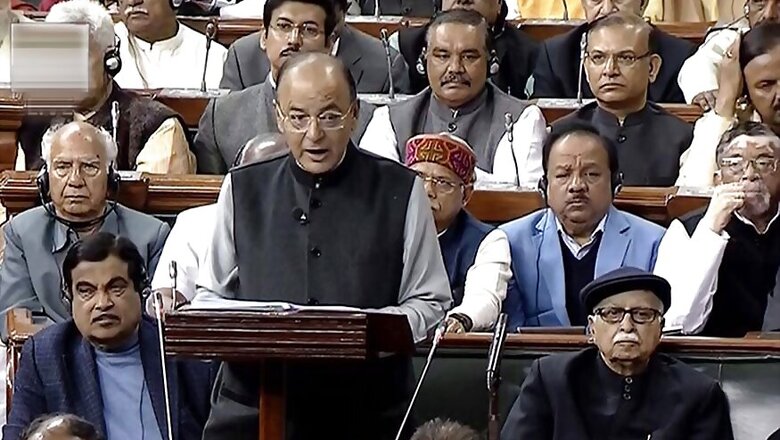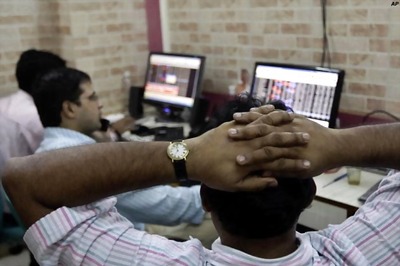
views
Washington: Fiscal discipline has taken a backseat in the latest annual Indian budget which contains many tinges of populism, noted Indian economist Eswar Prasad said on Friday.
Prasad, a professor of trade policy at the prestigious Cornell University, said there were no major measures in the budget that could stimulate private investment.
"Fiscal discipline has taken a backseat in this budget, which contains many tinges of populism, as was to be expected in the run-up to a national election cycle," Prasad told PTI.
"There are no major measures that could stimulate private investment, which has been notably weak even during the recent period of high growth," Prasad said.
However, the proposed new health insurance scheme and other measures that will in principle directly benefit the poor are welcome, Prasad said.
"Although it is unclear how exactly some of these programs will be funded within the budget envelope," he said.
US India Business Council (USIBC) president Nisha Desai Biswal said the Indian government has displayed its commitment to areas that will benefit India's growth and prosperity for many years to come.
"Infrastructure development, access to health care, affordable housing, energy, and education for all citizens form the backbone of any growing economy... American industry is committed to growing, strengthening, and sustaining these areas of collaboration with India," Biswal said.
In the last three years, Biswal said, India has been on a robust path to growth, backed by a strong economic reform agenda.
Karun Rishi, president of USA-India Chamber of Commerce, said the budget carefully balances the essentials of accelerating growth and fiscal prudence.
Focus on agriculture and health is a game changer, he said.
"We commend Finance Minister Arun Jaitley for his ambitious, out of the box thinking by covering the bottom 40 per cent of all households under the health insurance scheme - 'Ayushman Bharat'," Rishi told PTI, adding that this "bold and pragmatic" step will help the poor and low income families.
'Ayushman Bharat' -- the world's largest government- funded health care programme, is aimed at benefiting 10 crore poor families by providing coverage of up to Rs 5 lakh per family per year for secondary and tertiary care hospitalisation.
An outlay of close to 10 per cent of the GDP in the agro-rural sector will boost rural and farmers' incomes, leading to a rise in consumption and consumer durables demand, he said.
Rishi lauded Jaitley for making a pitch for the 'technologies of the future' in his Budget speech.
"India can be a significant player in Artificial Intelligence, Machine Learning and Blockchain technologies. The use of Blockchain can add muscle to the digital economyespecially in the BioPharma and Healthcare sector," Rishi said.
According to Richard Rossow, Wadhwani Chair in US-India Policy Studies at the Center for Strategic and International Studies, the budget did meet analysts' expectations in terms of having specific programmes to appeal to farmers and rural voters.
"Included among these are a new health care insurance programme for the poor, expanded programmes to deliver subsidised cooking gas and electric power connections, and escalated programs to build homes and toilets," Rossow said.
Barriers to the export of agriculture items will be relaxed, and the Minimum Support Price (MSP), a floor price the government pays to farmers for staple crops, will see a hefty increase, he said.



















Comments
0 comment